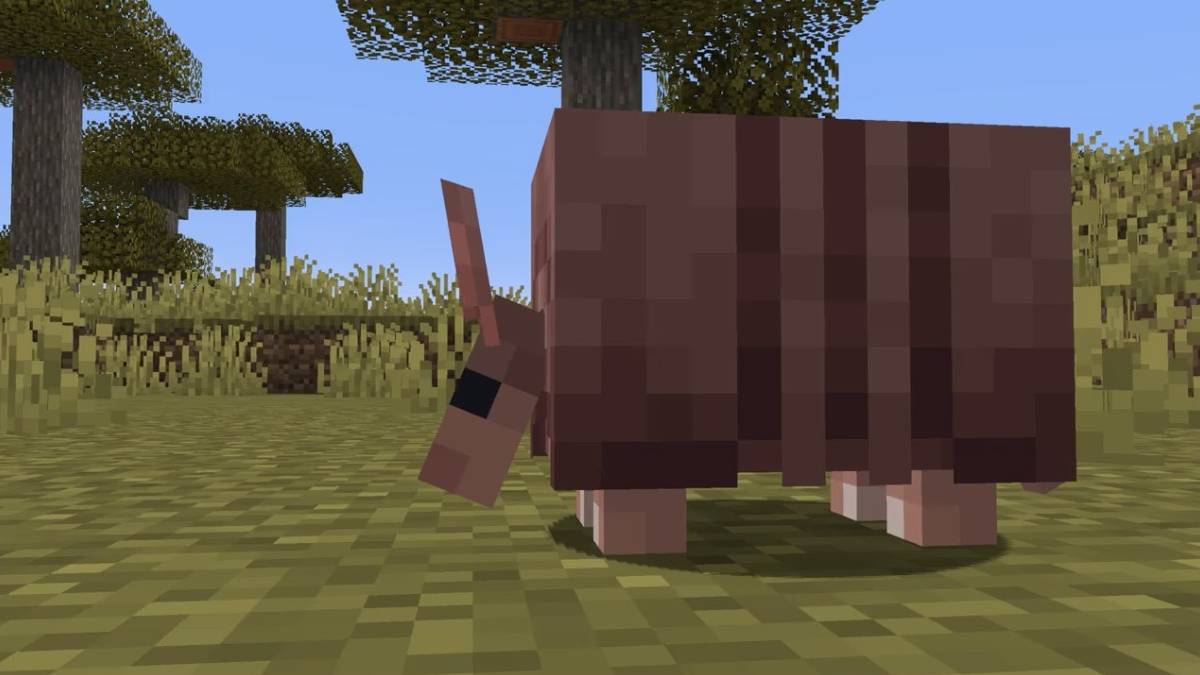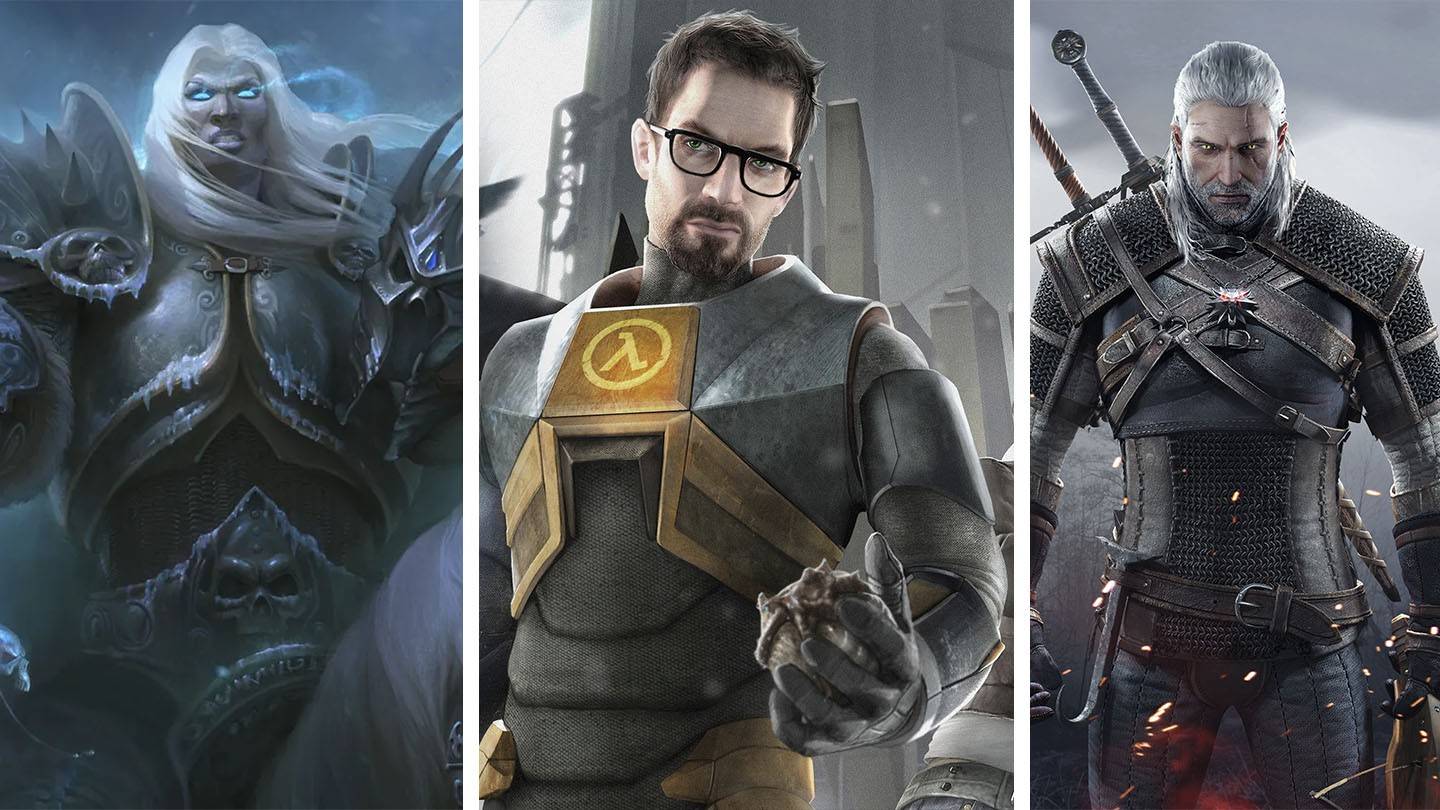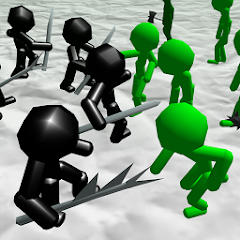OpenAI suspects that China's DeepSeek AI models, significantly cheaper than Western counterparts, may have been trained using OpenAI's data. This revelation, coupled with DeepSeek's rapid ascent in popularity, triggered a sharp decline in the stock prices of major AI companies, particularly Nvidia, which experienced its largest single-day loss in history.
DeepSeek's R1 model, based on the open-source DeepSeek-V3, boasts significantly lower training costs (estimated at $6 million) and computational requirements compared to Western AI models. While this claim is disputed by some, it has raised concerns about the substantial investments made by American tech companies in AI.
OpenAI and Microsoft are investigating whether DeepSeek violated OpenAI's terms of service by using its API or employing "distillation," a technique to extract data from larger models. OpenAI confirmed its awareness of such attempts by Chinese and other companies to replicate leading U.S. AI models and emphasized its commitment to protecting its intellectual property. David Sacks, President Trump's AI czar, also indicated evidence suggesting DeepSeek used distillation to leverage OpenAI's models.
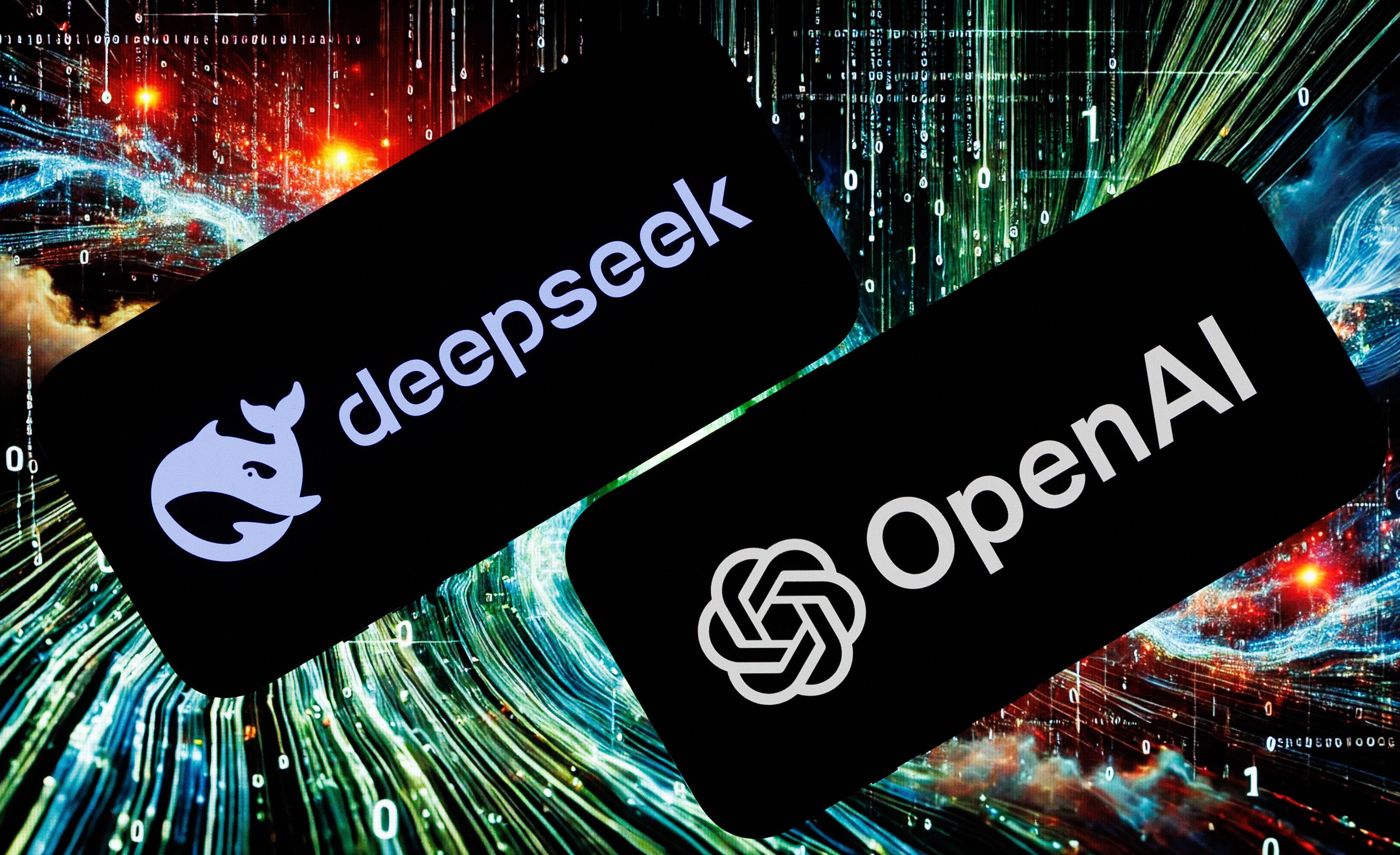

 Latest Downloads
Latest Downloads
 Downlaod
Downlaod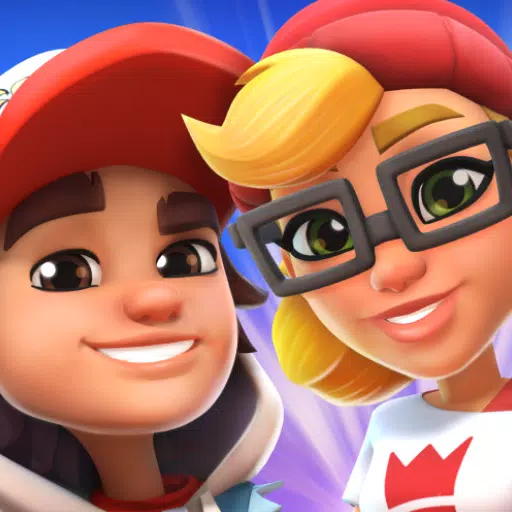




 Top News
Top News

